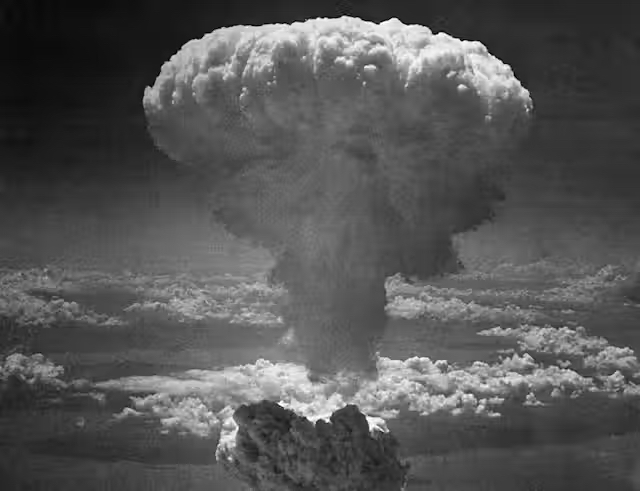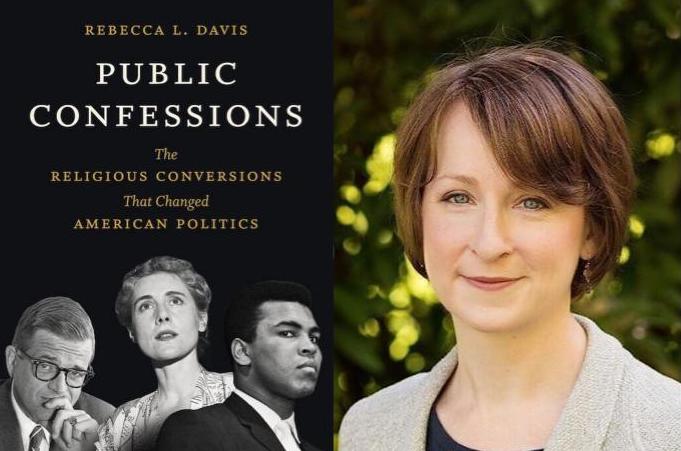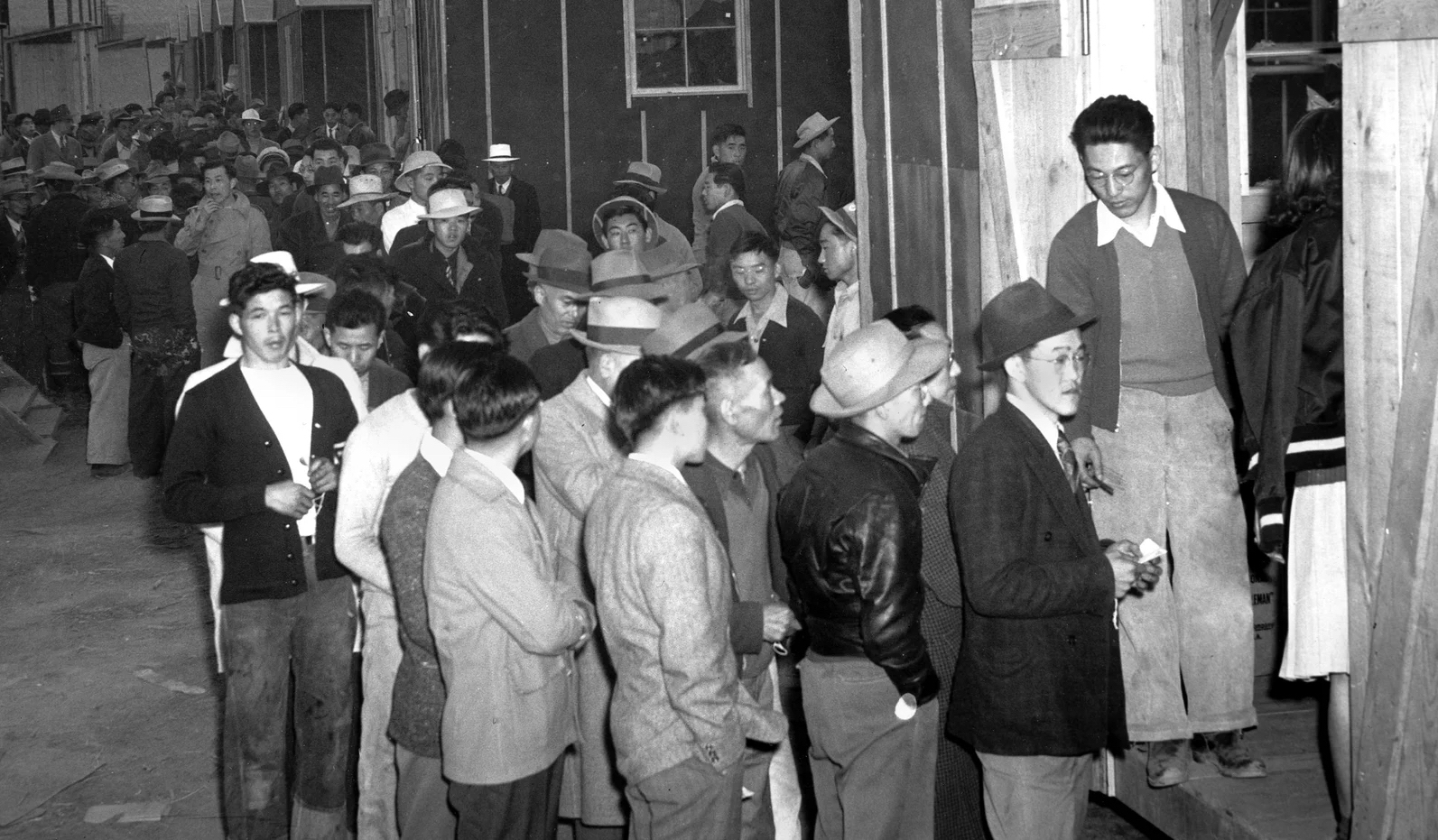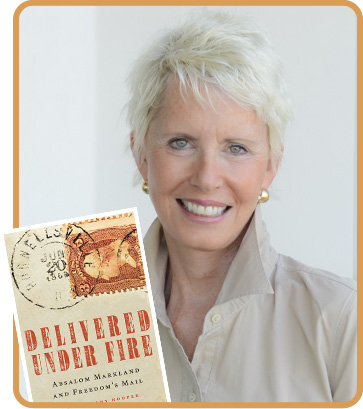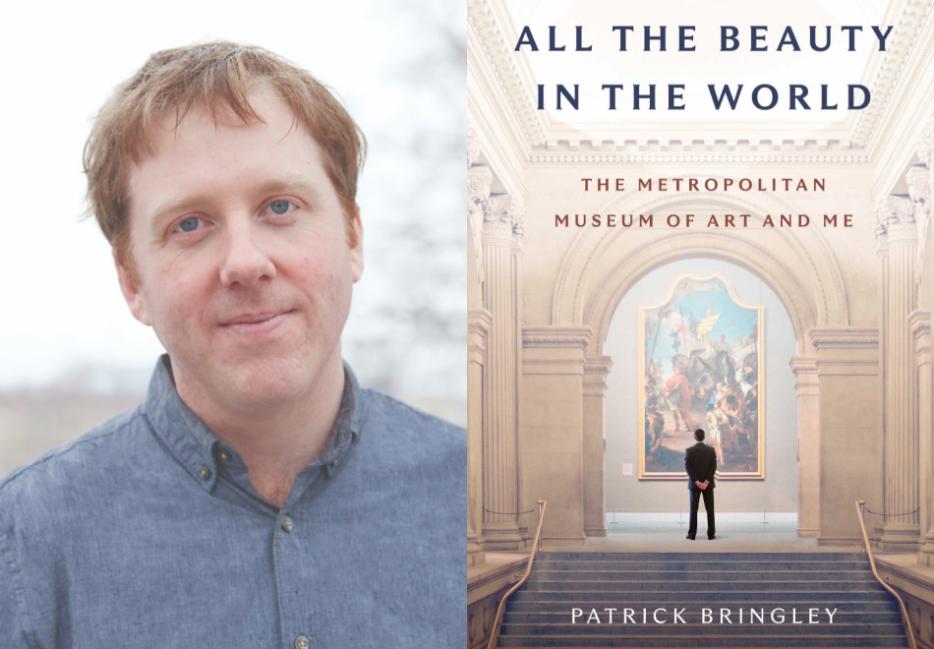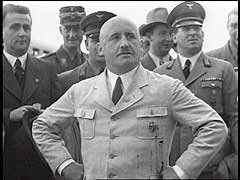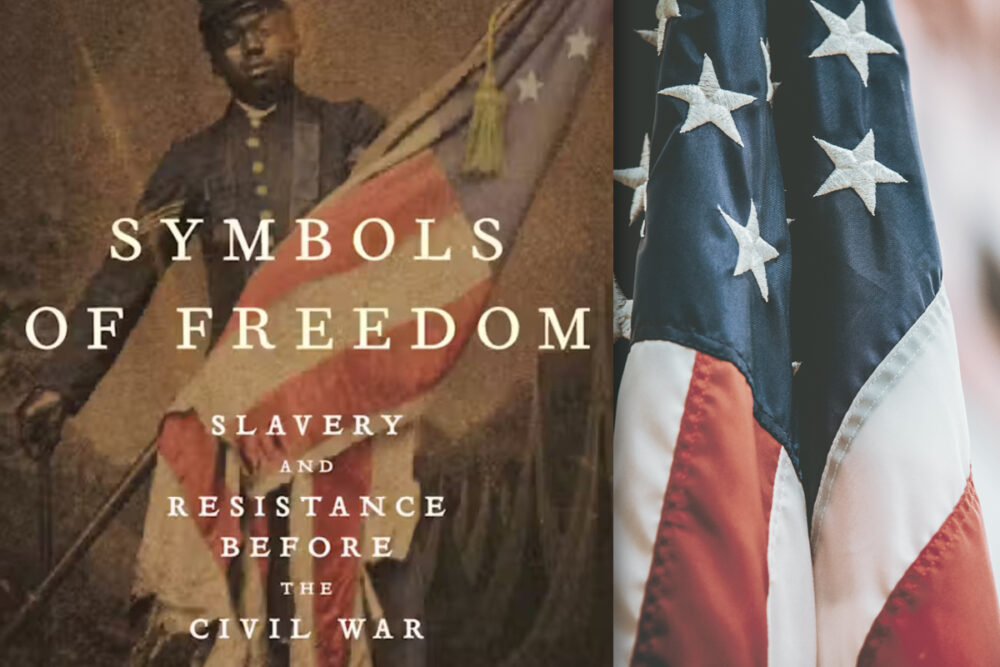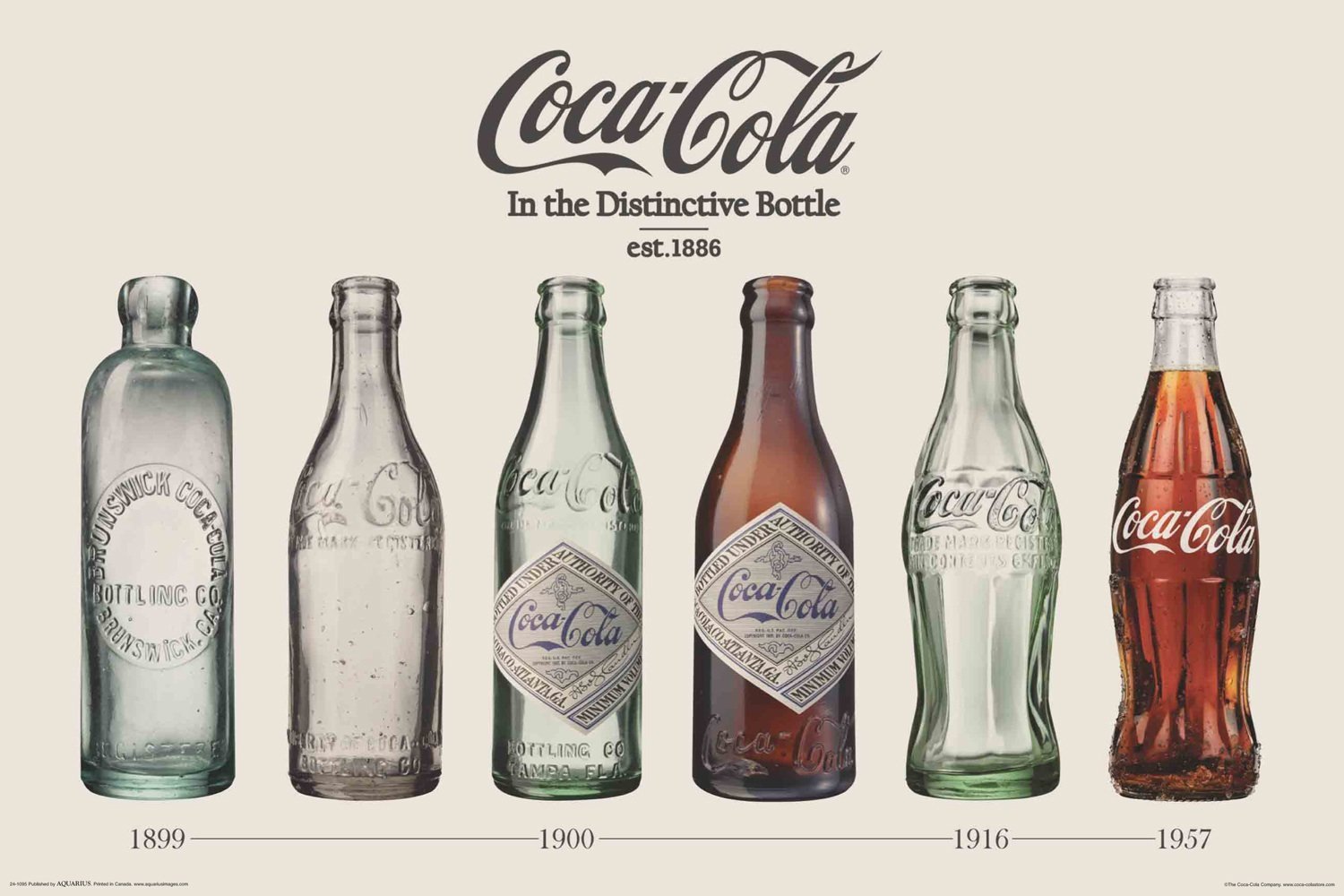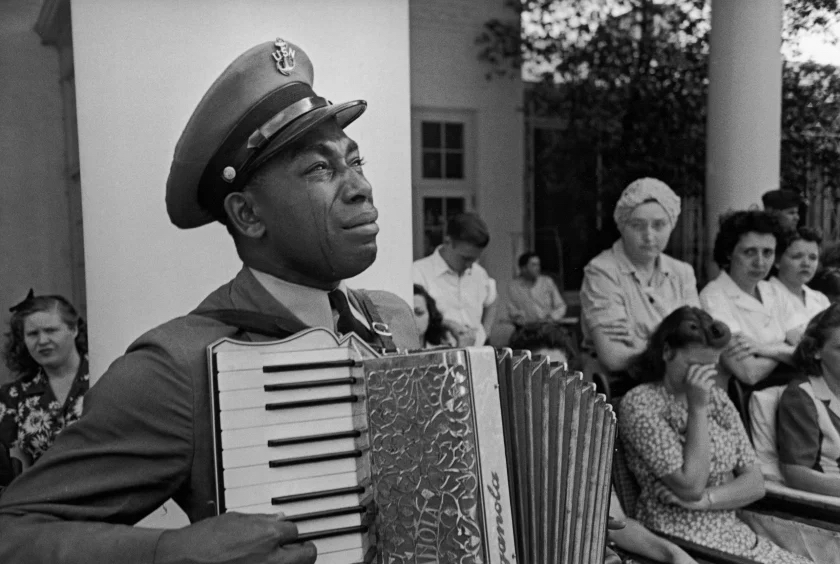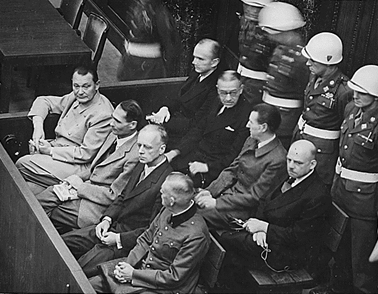The recent Oppenheimer film has prompted interest in the events surrounding the building and dropping of the atomic bombs. This Flashback Friday episode addresses whether there was an actual decision to use atomic bombs in World War II. If not, what were the questions and issues about using the bomb? Why did the US choose…
Religious Conversions in Modern America In the mid-twentieth century, certain private religious choices became lightning rods for public outrage and debate. In talking about “public confessions,” Dr. Rebecca Davis reveals some of the controversial religious conversions that shaped modern America. She explains why the new faiths of notable figures, including Clare Boothe Luce and Muhammad…
The US government placed white lawyers at Japanese-American concentration camps during World War II. These lawyers were given contradictory instructions: provide legal counsel to the prisoners, and keep the place running. Within that job description are a vast array of tasks, and an enormous amount of discretion they can use for good or for ill.…
During the Civil War, his movements from battlefield to battlefield were followed in the North and in the South nearly as closely as those of generals. He was Absalom Markland, special agent of the United States Post Office, and his work was crucial to morale in the US military. He was also an important player…
Patrick Bringley’s new book, All the Beauty in the World: the Metropolitan Museum of Art and Me, is one of the most popular books of the year. In this episode, he tells us about his experiences as a guard at the Met and his interactions with visitors there. Their reactions to the art on display,…
Julius Streicher was the founder and publisher of the virulently antisemitic newspaper “Der Stürmer” – a central element of the Nazi propaganda machine. He was such a Piece of Sh*t that many Nazis thought he was too extreme. Professor Philip Nash explains why Steicher was so vile, and why he was very important in fostering…
In a time when the US flag, the Fourth of July, and historical sites have never been more contested, Professor Matthew Clavin reminds us that symbols are living artifacts whose power is derived from the meaning with which we imbue them. And he shows us in great detail how American symbols inspired enslaved people and…
Why do so many big and iconic American corporations come from the US South, a region traditionally considered a backwater? Dr. Bartow Elmore explains how Coca-Cola, WalMart, and FedEx used “country capitalism” to change the United States and the planet. Fascinating listening, and very illuminating analysis! You won’t shop the same way again! Episode 514.…
Presidential funerals have become major cultural moments in American history. But were they always this important? Dr. Lindsay Chervinsky explains how different presidential funerals have been over the centuries, starting with George Washington’s death and funeral in 1799. Each funeral she analyzes tells us a great deal about American culture at the time. All together…
Did the Nurenberg Trials provide justice for humanity after the horrors of World War II? In order to address this question, Professor Philip Nash explains what happened during the trials, how well they adhered to international law, how the judgements and sentences were reached, and how well and fairly the trials were conducted. It’s far…

